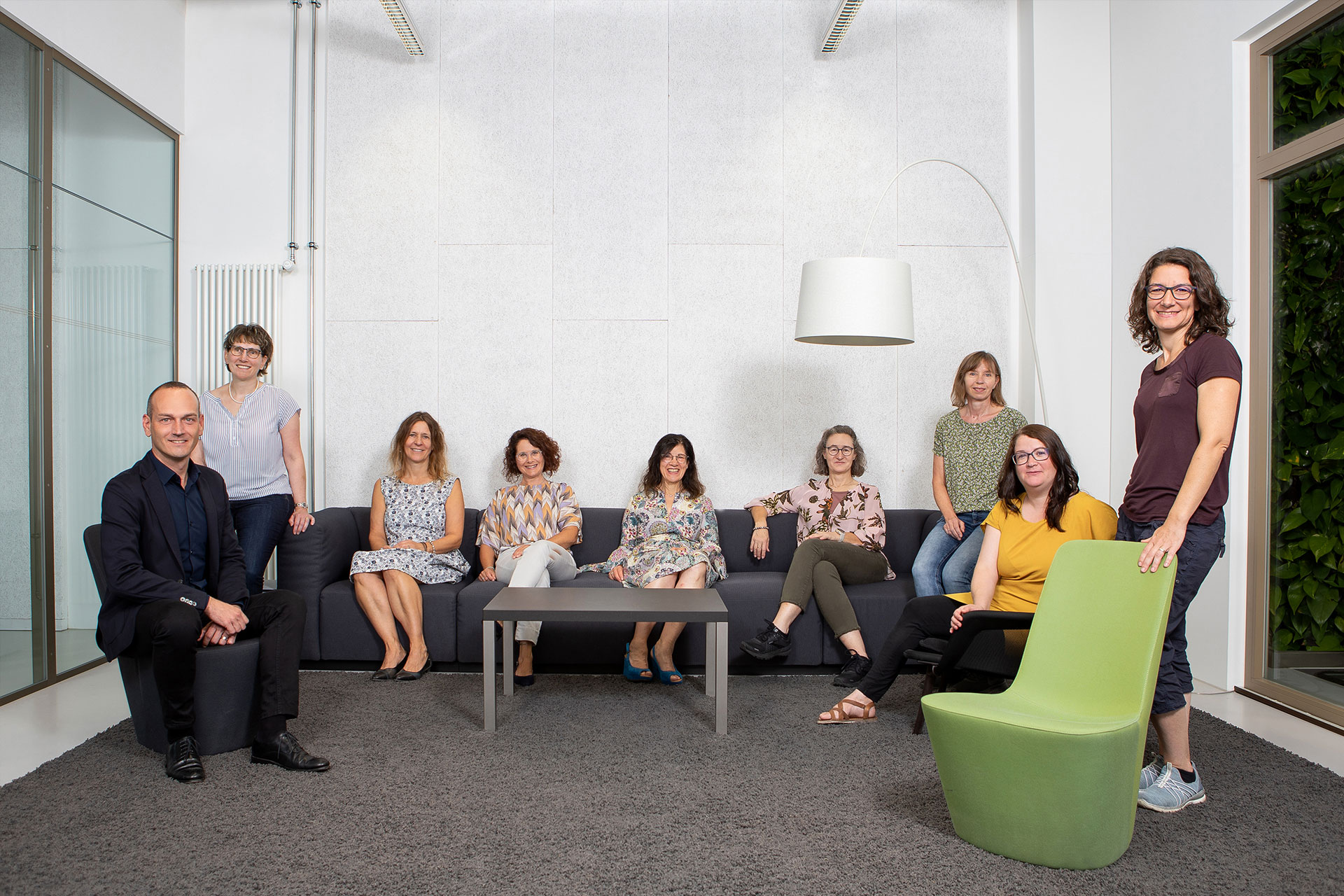The demand for medical cannabis in Switzerland has risen sharply in recent years – and the Federal Council has reacted accordingly. Since 1 August 2022, the ban on cannabis for medical purposes has been lifted, and it will now be treated as a normal narcotic. This means that sick people in Switzerland will find it easier to gain access to medical cannabis.
Doctors can now prescribe cannabis medicines on a narcotics prescription (i.e. a special form for prescribing narcotics) without having to obtain an exemption. The export of cannabis for medical purposes is also permitted – before 1 August 2022 this was only possible to a limited extent. However, the situation for cannabis that is not used medically (for pilot trials, for instance) has not changed at all. It will continue to be available only when the Federal Office of Public Health (FOPH) grants an exemption.
The medical use of cannabis is covered by the same legal framework that applies to all other medicines containing narcotics – for example morphine or oxycodone. The overriding basis is the Therapeutic Products Act. The control measures incorporated into the Narcotics Act – designed to counter diversion to the illicit market and misuse as a recreational drug – now also apply to medical cannabis. As a general rule, the various responsibilities are clearly regulated – as shown, for example, by the prescribing of medicines exempt from authorisation or inspections according to narcotics legislation. The cantons are responsible for these areas.
However, new rules now apply to cultivation: for the first time in Switzerland, one of the three internationally controlled plants (opium poppy, cannabis and coca bush) can now be cultivated as a regular crop. Responsibility for licensing and control will be assigned to the Cannabis Agency, which is part of the Narcotics Division at Swissmedic. "As the institution responsible, we issue licences for the cultivation of cannabis for medical purposes and carry out the relevant control tasks", explains Monika Joos, Head of the Narcotics Division at Swissmedic. She continues: "The primary objective is to make diversions more difficult and guarantee adequate protection against theft. We will also need to ensure that the use of the cultivated plants for other purposes, as well as overproduction, can be prevented."
Barbara Walther, Deputy Head of the Narcotics Division at Swissmedic, explains the cultivation procedure. "A cannabis grower has to apply to us for a licence for medical cannabis. We review the application and, following an inspection by the canton, we issue an establishment licence for cultivation provided all the requirements are satisfied." An individual licence is required for each instance of cultivation. This licence also states, for example, whether the plants are grown indoors or outdoors. A final aspect is consultation with the Cantonal Pharmacists. "We seek to cooperate closely with them – particularly in relation to the inspections, since these fall within the jurisdiction of the cantons."
«As the institution responsible, we issue licences for the cultivation of cannabis for medical purposes and carry out the relevant control tasks.»
Monika Joos
The initial contacts with the stakeholders involved were made back in December 2021. "We first contacted the two industry associations IG Hemp and IG MedCann, followed by the growers", explains Monika Joos. Finally, in May 2022, information events were held for interested companies. The result: over 100 participants took the opportunity to make the initial contact and share their views.

